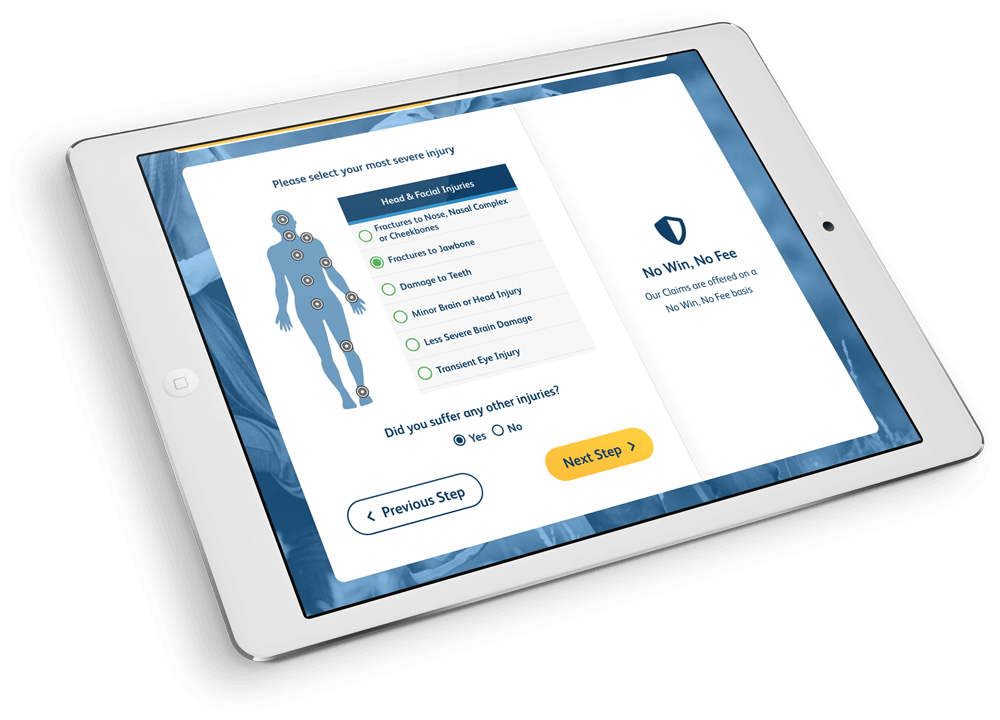Cancer Late Diagnosis and Compensation
Every two minutes someone in the UK is diagnosed with cancer. (1) Whether its breast, prostate, lung, skin or bowel cancer, the diagnosis is usually the first step to preparing your mind and body to fight the disease. For patients who have received a late cancer diagnosis, the chances of survival are often significantly lower than those who detect the disease early.
The standard wait to diagnose cancer is two weeks in the UK, but for some patients, cancer is not easily identifiable and symptoms can sometimes be mistaken for other medical conditions. When a late diagnosis for cancer does occur, it is a failure on behalf of medical professionals. Their failure to diagnose cancer at an early stage or when a patient first brought concerns of symptoms to a GP or medical professional can mean that a patient can no longer be treated and the cancer may have spread to vital organs, which could result in a low life expectancy. Even if in a particular case, cancer can be treated and the patient has a good chance of survival, it is still a failure to diagnose cancer when first investigated and those responsible should be held accountable.
An article published in 2017 by The Guardian highlighted the issue further. According to the report, a study has shown that 71% of all patients diagnosed in accident and emergency departments with a form of cancer, had seen their GP at least once with symptoms. Of the group surveyed, those who sought medical help from their GP previously, 41% had visited their GP three or more times. The study which was published in the British Journal of General Practice, found that people diagnosed with cancer as an emergency have a worse prognosis than those diagnosed at an earlier stage. Health Secretary, Jeremy Hunt is said to be so concerned of late cancer diagnosis that he is developing a plan to name and shame GP surgeries who fail to spot symptoms. (2) According to the publication, diagnosis of cancer as an emergency, has been considered to represent a failure of primary care. (3)
Compensation for a patient who has been let down by the NHS or the private healthcare sector, can never make up for the medical implications that this can have on them, and their family. Additional pain and suffering that has been caused, when cancer is allowed to go untreated or the loss of precious time with loved ones, is unforgivable. Compensation could help patients become more comfortable and have financial support during the recovery process.
Compensation for families left behind after a cancer patient has passed on after a late diagnosis should help to ease any financial strain that may be present after a relative has died. Compensation could help towards funeral arrangements as well as provide support during this sad time.
If you or a loved one has received a late cancer diagnosis whether the disease can be treated or not, please contact our medical negligence team today to see if you are eligible to claim compensation. Our friendly team are always on hand to offer support and legal advice. Call us today on 0151 236 1222 or email .
Sources
- http://www.cancerresearchuk.org/health-professional/cancer-statistics-for-the-uk#heading-Four
- https://www.theguardian.com/society/2014/sep/22/cancer-late-diagnosis-half-patients
- http://bjgp.org/content/67/659/e377/tab-figures-data





